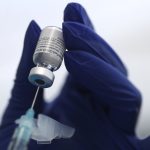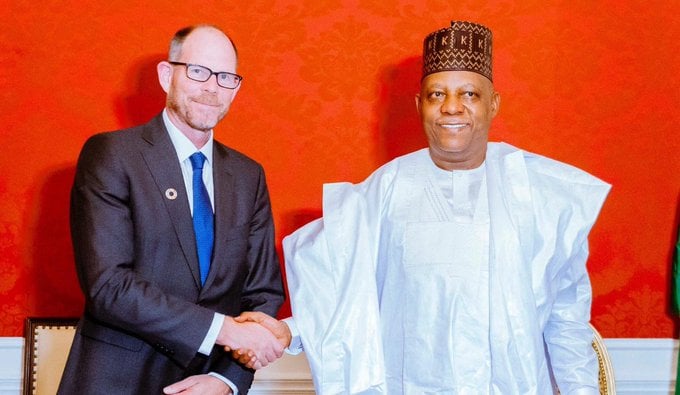The Chief Executive Officer of the Bill & Melinda Gates Foundation, Mark Suzman, has said that ending poverty and reducing malaria in Nigeria will take many years of consistent work, despite recent progress made by the government.
Suzman spoke in New York on Tuesday during an interview ahead of the Foundation’s annual Goalkeepers event. He praised the Nigerian government’s renewed focus on healthcare but noted that the country’s challenges remain very large.
“Nigeria’s size means it always, by numbers, makes a material difference to both global and certainly Africa-wide statistics,” he said.
He explained that Nigeria has the highest number of extremely poor people in the world, with millions living on less than two dollars a day. He also pointed to the high malaria cases and the number of unvaccinated children as part of the country’s difficulties.
“In the global statistics, there are more very poor people in Nigeria than in any other country on the planet right now,” he said. “Whether it’s malaria incidents or the number of unvaccinated children, there are significant challenges in Nigeria. But at the same time, Nigeria has also made very important progress in several key areas.”
Suzman praised the administration of President Bola Tinubu and the Minister of Health, Muhammad Pate, describing them as strong partners in areas such as vaccination campaigns and malaria control.
“We work in alignment with the national priorities set by the government of Nigeria. Minister Pate has prioritised areas like vaccination and malaria campaigns. Nigeria is taking some strong steps in that direction, but the size of the disease burden and the poverty burden means this is going to be a multiyear effort,” he said.
He also explained that the economic benefits of fighting diseases like malaria often take years to show.
“Sometimes the economic case for the benefits of health is more difficult to make or understand for politicians, because the real results, that economic boost you get, is a long-term economic boost,” Suzman noted.
“It’s not as if you do a malaria prevention now and you immediately get a pickup in GDP. The real returns will come when children who grow up healthy, vaccinated, and free of malaria reach adulthood and become a strong workforce.”
He added that the foundation works with countries in Africa and Asia to boost domestic revenue for health and education, noting that Nigeria has been trying to diversify its revenue base.
“Nigeria is also a good example of a country that’s been facing significant challenges in terms of just the overall fiscal pressures it faces. It is now raising more non-oil-related tax revenues, but it’s still very challenging to do that,” he said.











